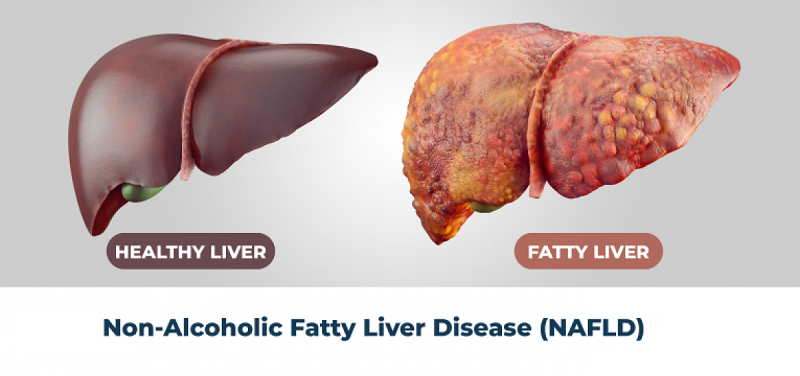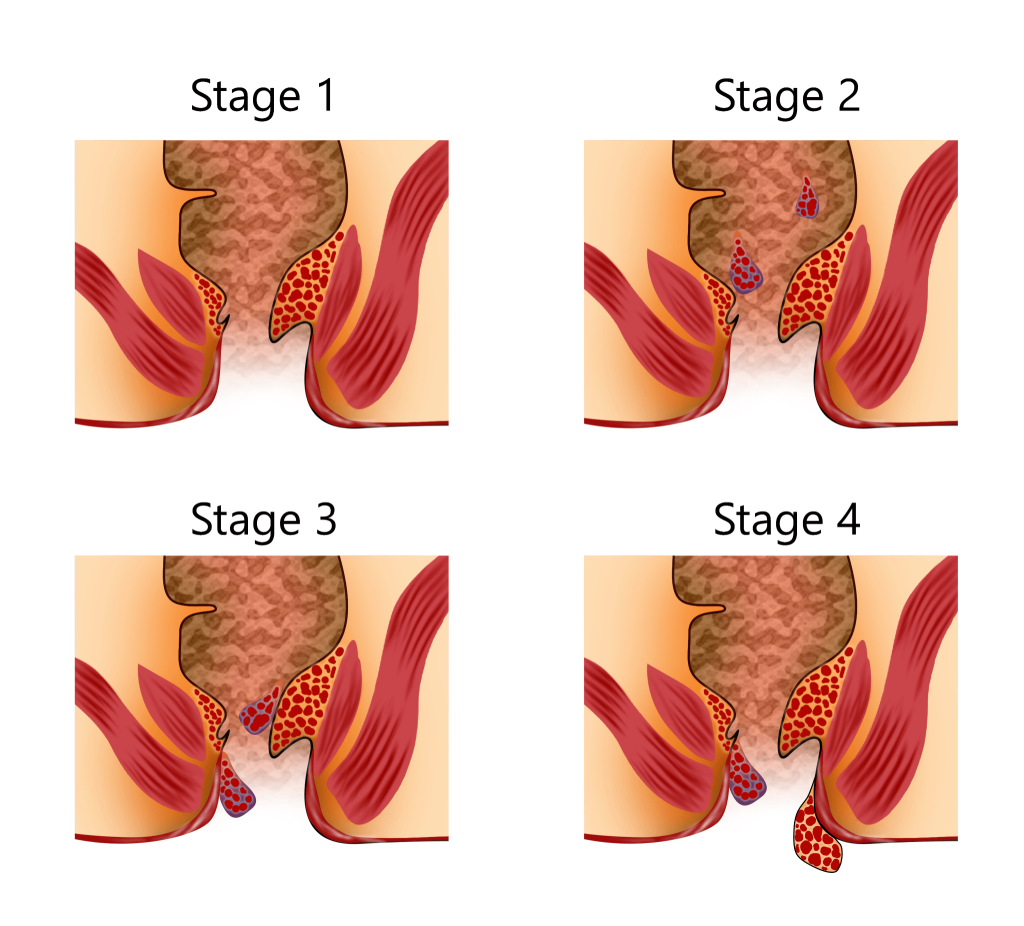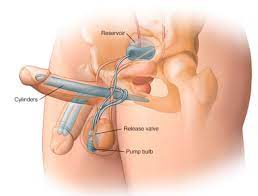Milestones in Children's Development
Title: Understanding the Milestones in Children's Development: A Comprehensive Guide
Introduction:
The journey of childhood is marked by a series of remarkable milestones, each representing significant stages of growth and development. From the moment they are born, children embark on a transformative path, acquiring new skills, abilities, and understanding of the world around them. Understanding these milestones is crucial for parents, caregivers, and educators to provide adequate support and guidance to ensure optimal development. In this article, we delve into the key milestones across different domains of child development and explore the importance of each stage.
Physical Development:
Physical development encompasses the growth and refinement of motor skills, coordination, and physical abilities. During infancy, milestones such as lifting their head, rolling over, sitting up, and eventually crawling and walking mark significant progress in gross motor skills. Fine motor skills, such as grasping objects and later manipulating small items, also develop gradually, laying the foundation for activities like drawing, writing, and self-care tasks like dressing and feeding.
Cognitive Development:
Cognitive development refers to the growth of intellectual abilities, including attention, memory, problem-solving, and language acquisition. In the early years, infants begin to explore the world through their senses, gradually developing object permanence—the understanding that objects continue to exist even when they are out of sight. As children grow, they engage in symbolic play, demonstrate curiosity, and acquire language skills, eventually mastering concepts like counting, categorization, and cause-and-effect relationships.
Social and Emotional Development:
Social and emotional development involves the ability to understand and manage one's emotions, establish relationships, and interact with others effectively. Infants demonstrate attachment to caregivers, exhibit social smiles, and gradually develop empathy and the ability to recognize and respond to the emotions of others. As children grow older, they engage in parallel play, cooperative play, and begin to navigate complex social dynamics within peer groups. Developing a sense of self-identity, self-regulation, and empathy are critical milestones in this domain.
Language and Communication Development:
Language and communication development play a central role in children's ability to express themselves, understand others, and engage in meaningful interactions. Infants communicate through cries, coos, and gestures before transitioning to babbling and eventually producing their first words. Vocabulary expands rapidly during the toddler years, accompanied by the development of grammar, syntax, and conversational skills. Reading and writing skills continue to evolve throughout childhood, shaping the foundation for academic success and lifelong learning.
Cultural and Environmental Influences:
It's essential to recognize that children's development is influenced by cultural norms, family dynamics, socioeconomic factors, and environmental influences. Cultural practices, beliefs, and values shape parenting styles, educational approaches, and socialization experiences, impacting children's development in profound ways. Access to quality healthcare, nutrition, early childhood education, and supportive communities also significantly influence developmental outcomes.
The Importance of Early Intervention and Support:
Early identification of developmental delays or challenges is crucial for providing timely intervention and support. Regular developmental screenings, conducted by healthcare professionals and educators, help identify areas of concern and facilitate access to appropriate resources and services. Early intervention programs, speech therapy, occupational therapy, and specialized educational interventions can significantly improve outcomes for children with developmental needs, empowering them to reach their full potential.
Conclusion:
Understanding the milestones of children's development is essential for promoting healthy growth, learning, and well-being. By recognizing and supporting children's progress across physical, cognitive, social, and emotional domains, parents, caregivers, and educators play a vital role in laying the foundation for lifelong success and fulfillment. Through nurturing environments, responsive interactions, and access to supportive resources, we can empower every child to thrive and contribute positively to society.



























